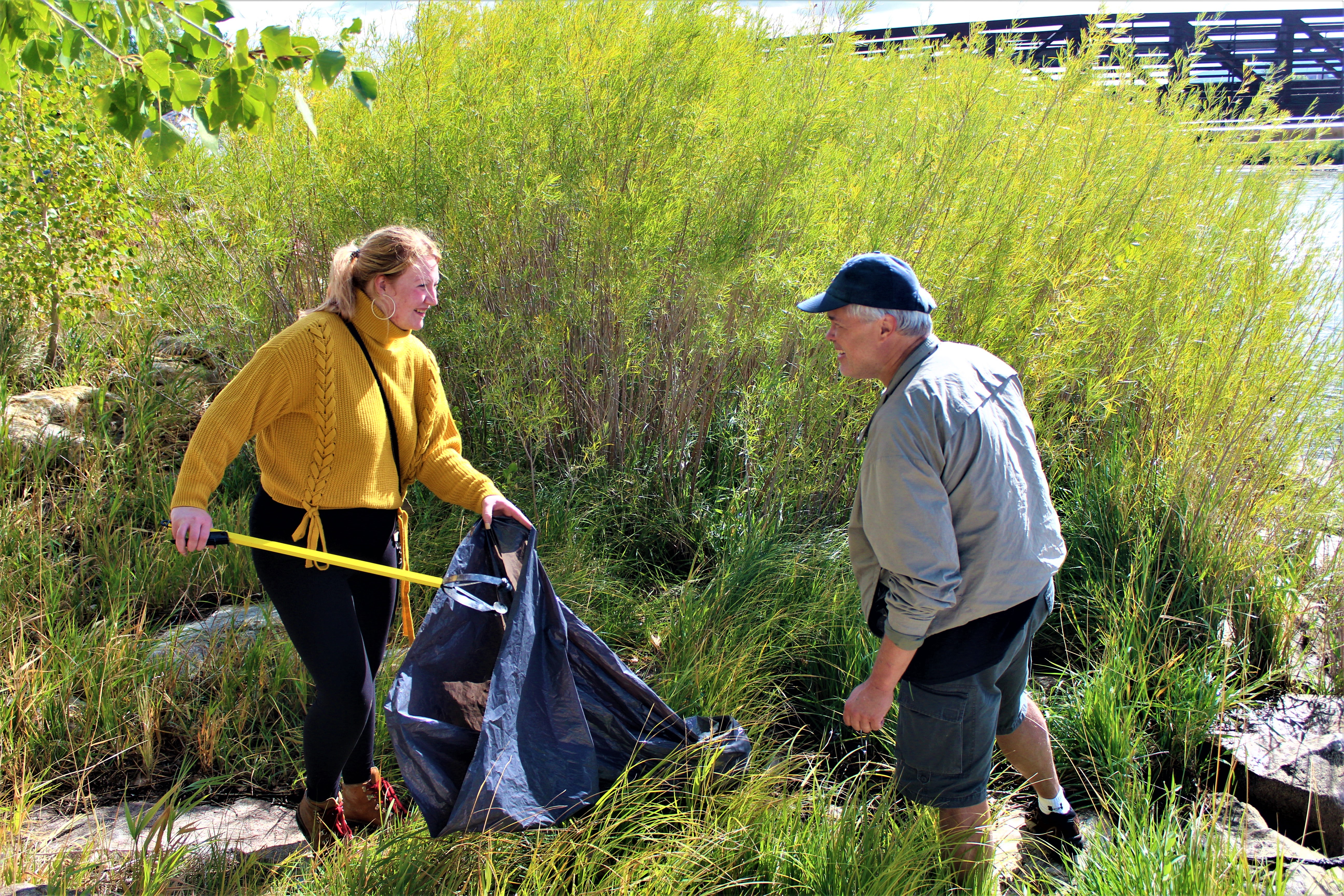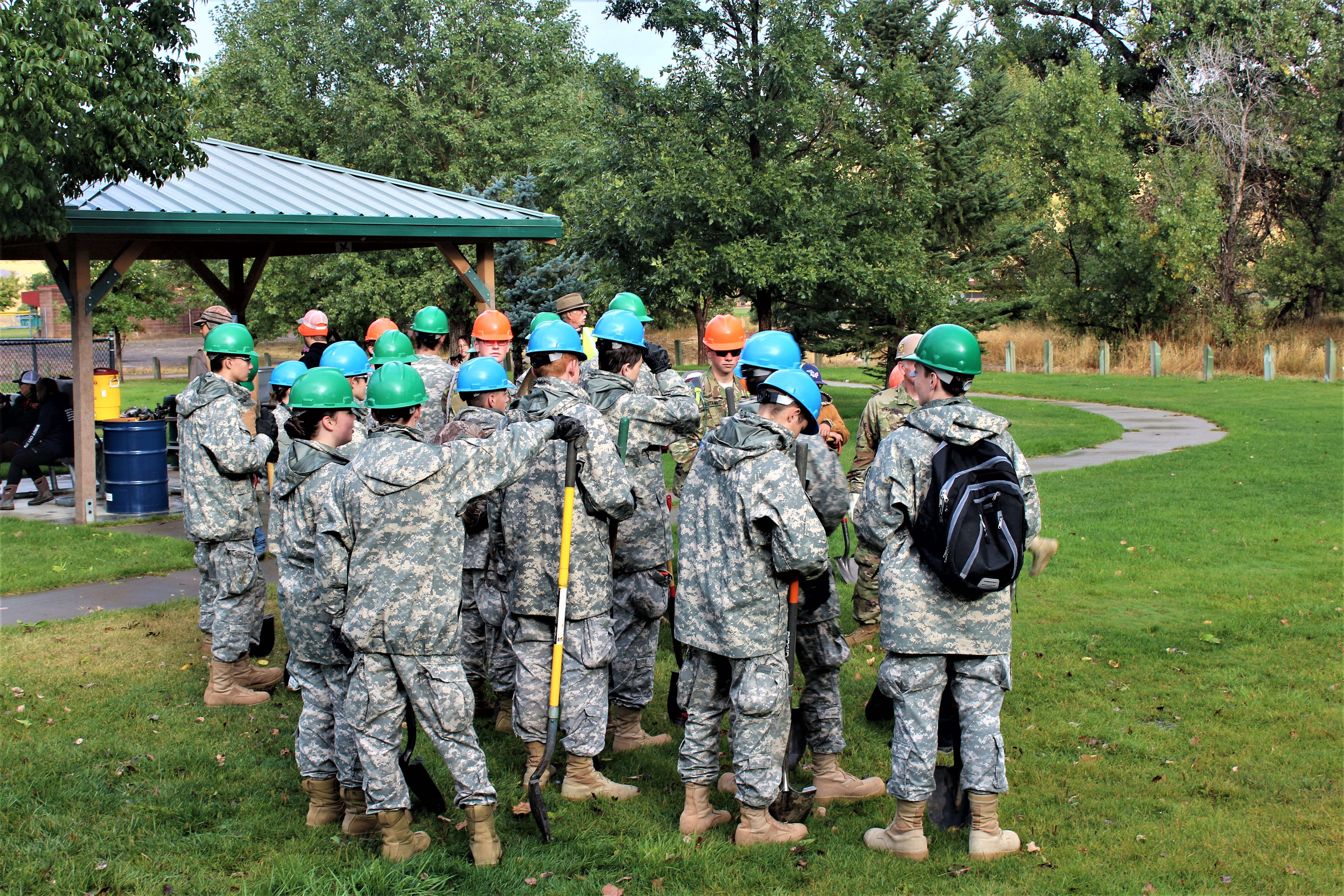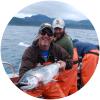Years ago, when I was wealthy, I had two deer stands that overlooked the North Platte River. They were forty miles apart, one up near Bessemer Bend, and one close to Douglas. Both afforded a great view of the river, each was close enough to the water’s edge to hear the trout sipping flies on those rare calm days. Many November afternoons were spent in these stands. I was sprayed thoroughly with deer lure, waiting for something magical to appear. The big mallards showed up on the river suddenly, unannounced. Then there were more and more geese arriving daily. They flew just above me, their wings making a ticking noise just above the tree branches. The river seemed to be preparing for something. I often forgot I was deer hunting. Instead, I became engrossed in the rising fish, their thick backs wobbling the surface as they took tiny insects in the late fall afternoons. I was so enthralled by the swirling river, lost to the currents and back-eddies, that I wondered if you could even call this hunting. Of course I lost those two places, permission on private land being a fleeting thing, a thing that is impossible to hold on to.
I’ve been thinking a lot lately about what I owe the river and the mountains that frame my life in Wyoming. Recently, a friend called to ask me if I got my elk this year. That’s how he said it; “Did you get your elk?” As if the animal belong to me simply because I had drawn a tag. My friend didn’t mean any disrespect, but the idea that the natural environment owes me something unnerved me so much that I began to lose sleep.

National Public Lands day offers people like me a chance to give a bit back to the wild places I’ve come to rely on. In Casper, The Platte River Revival group organized a river clean-up one cloudy Saturday morning to celebrate our public lands. For thirteen years this group has been spearheading projects to improve the riverbanks and watershed quality. Beyond litter clean-up, they remove Russian olive trees, stabilize banks and remove tires and other garbage from the streambed. Instead of watching football, or harassing the local dusky grouse with my dogs, I registered to walk along the banks of the river with my fellow citizens and do my part. I was not surprised to see the parking lot at Mike Lansing Field nearly full of vehicles—I’ve always suspected that I’m not alone. There were so many people chipping in that I worried there wouldn’t be enough trash. And there were people of all stripes, young people and much older people, fishermen and bird watchers, people in tennis shoes, people in rubber boots, all of us showing up for our river.
Armed with tongs and a plastic bag, I scoured the banks of the river in search of aluminum cans, discarded clothing, plastic bottles and other debris. I joined a group from Casper College, the Campus Democrats, and headed to our beat, which was the south side of the river near the Tate Pumphouse. Two college professors, Erich Frankland and Thom DeVoogd, directed our group along the willowed banks. We spread out. I immediately came to a small bench by the river where someone had stopped to smoke cigarettes and contemplate the river gliding by. Though I don’t smoke, I could see why a person would want to sit here and gaze. I plucked a dozen cigarette butts from the ground and fought the urge to sit down and watch the moving water.

Anthropologists will tell you that if you want to understand a culture, a good place to begin is in the midden heap. Along the riverbanks of the North Platte, we found Styrofoam bait containers, lots of aluminum cans, coils of fishing line, plastic bags and a disquieting amount of wrappers from diet protein bars tossed away by joggers who use the nearby path to exercise. I busied myself with these pursuits while DeVoogd and Frankland went off in search of more exotic finds. DeVoogd said his dream was to pull an old refrigerator out of the river.
Also in our group was twenty-four-year-old Michaela Eddy, an energetic college student who pays her way through school by bartending at Backwards Distillery. I teamed up with her to pull refuse from under the footbridge.
Michaela is an honors student, an Anthropology major with a keen interest in foreign relations. In fact, when she’s not studying and working in Casper, she’s traveling the world and volunteering for cultural and environmental projects. Twice, she has been to India to volunteer and learn. Next year she hopes to bring students to India to engage in cultural emersion projects. We talked about her future as we walked along the willows, pausing here and there to snatch up garbage and more cigarette butts.
“My dad used to be a big fisherman and I remember lots of quality time with him on lakes and spots along the river,” she said. “Neither of us get to go much anymore because of our schedules.”
Like so many people who volunteered that day, Michaela has a long affiliation with the river.
“I’m not sure if it’s a change in perspective, or whether I’m just seeing things differently now, but the river was worse when I was younger. I remember seeing cans floating by. I think it’s come a long way in the last several years,” she said.
Michaela and I found more cigarette butts at the likely places. Most of the benches with views of the river were hot spots to find trash and empties. Michaela talked about her future, her desire to go out into the world and make a change.
One things is for sure, the North Platte River is getting better and better. The fishing keeps improving; there is more access every year. The trout grow fat and happy. There is less trash and better water quality. How many places in the world can you say that about?
After we finished our clean-up we were treated to a bar-b-que lunch at the baseball field. The organizers gave me a free pass to visit any national park I wanted to, and a bright orange t-shirt with a slogan about public lands. I took my plate and sat in the sunshine near the dugout. Out over the fence in left field, the big cottonwoods blazed in the fall sunlight. The river was back there somewhere, healing itself, gliding by. I thought about the role the river plays in our lives. I hold nothing against the wanderer that passes through town, who sits on a bench simply to watch the river go by. I understand him. I know why he chooses that place to smoke and think.




